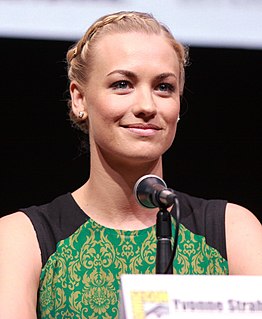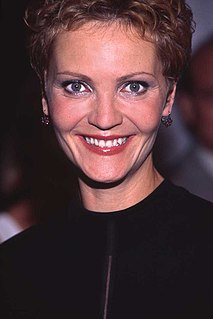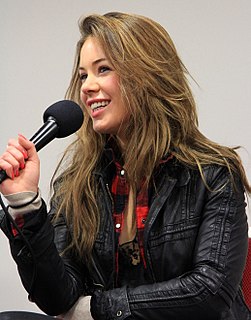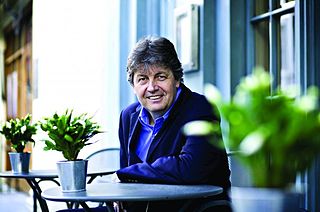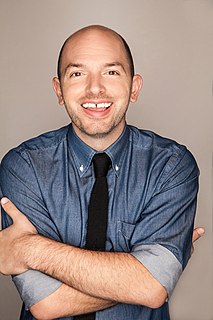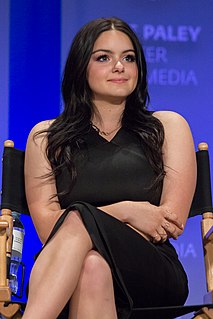A Quote by Michael Eklund
Whether it's a lower or higher budget project, a TV show or a film, the words on the page are the same to me and I approach the work in the same way. My job is to lift the character from the page, whether it's a TV or film script.
Related Quotes
The bigger the budget, the more people that you have to coordinate and it's not easy to do that always because, not only do people have trouble communicating in that way, but often there are internal disagreements and everybody is not necessarily on the same page. Even in a big-budget movie with famous actors and directors, everybody could be on a completely different page. The director has to figure out a way of getting everybody on the same page, more or less, and keeping them there.
You're always learning as an actor... anything you do is a learning experience. It's the same whether you're doing film or TV, you have to do the part to the best of your ability, no matter how big or small the role. It's as simple as that, really. But every bit of work you do is a learning experience - which is the same, I guess, for people in whatever job they do. But with acting, it's also fun to be able to explore different characters and emotions.
The way you write dialogue is the same whether you're writing for movies or TV or games. We use movie scriptwriting software to write the screenplays for our games, but naturally we have things in the script that you would never have in a movie script -- different branches and optional dialogue, for example. But still, when it comes to storytelling and dialogue, they are very much the same.


